Rwanda, Uganda, and Tanzania release 2017/2018 budgets
Last Thursday, the Rwandan finance minister, Claver Gatete, presented the country’s 2017/2018 fiscal year budget to Rwanda’s parliament. Gatete announced that the country would be raising government spending by 7 percent to amount to a total government spending of $2.58 billion. Seventeen percent of the budget will be funded by donors, while the remaining 83 percent will be sourced from internal revenue and borrowing. As far as expenditures are concerned, the country will spend 54 percent on recurrent expenditures such as government employees’ salaries. Part of the budget will also be spent on the 2017 presidential elections. Aside from recurring expenditure, Rwanda plans to invest in infrastructure development, with the construction of a new airport and the improvement of the existing one. Funds will also go toward improving road networks.
Last Thursday, Ugandan Finance Minister Matia Kasaija presented a $7.2 billion budget to his parliament. Forty-eight percent of the budget will be raised through local revenue collection and the remaining 52 percent through budget support and borrowing. This has made the country’s private sector anxious, as they would now have to compete with the national government for access to the pool of financial resources. Under the theme “Enhanced Productivity for Inclusive Growth and Job Creation,” the government aims to spend 30 percent of the budget on job creation.
Tanzania Finance Minister Dr. Philip Mpango also presented his 2017/2018 budget to the Tanzanian parliament this week. The country plans to increase spending by 7.3 percent to $14.2 billion, with a significant part of the funds—as seen in the case of Uganda and Rwanda— allocated to infrastructure development. This year, funds will also be allocated toward industrialization and curbing tax evasion. In this realm, the government anticipates that tax revenue will increase from 13.3 percent of GDP to 14.2. The opposition has critiqued the budget, saying it is founded on ambitious and unrealistic revenue assumptions. Zanzibar also presented its 2017/2018 budget, with a focus on reforms and improving social services.
German Chancellor Angela Merkel hosts G-20 partnership conference on Africa
On June 12-13, German Chancellor Angela Merkel hosted a G-20 conference on Africa, with the theme “Investing in a Common Future.” The emphasis on investment was greatly supported by participants, especially African Development Bank President Akinwumi Adesina, who stated, “this is a great shift in mindset. Africa is a growth frontier.”
Germany, currently president of the G-20, has made Africa a priority during its tenure, with this conference creating an opportunity for governments and investors to discuss obstacles to investment and job creation on the continent. During the event, Merkel emphasized that an impetus for Germany’s pivot towards Africa is due to the influx of emigration out of the continent as well as security concerns and poverty reduction.
A highlight of the conference was the push on the G-20’s Compact with Africa, which emphasizes banking reforms and energy efficiency to promote job creation. The five original countries to join—Tunisia, Morocco, Senegal, Côte d’Ivoire, and Rwanda—were also joined by Ghana and Ethiopia at the conference. Germany also took the opportunity to release its “Marshall Plan with Africa,” which aims to rethink traditional donor-country relationships. Indeed, during the conference, Germany announced a planned investment of $335 million with Tunisia, Ghana, and Côte d’Ivoire as part of “reform partnerships.
However, though the compact has been met with praise, many Africans are still wary of the guarantee of the success it promises. In fact, in a recent Financial Times op-ed, African thought leaders Mo Ibrahim, Aliko Dangote, and Donald Kaberuka emphasize that the compact depends greatly on governments’ participation: “Governments must also keep their promises to invest in their people. African leaders have made countless promises to invest more in education, health, and agriculture. These promises must be clearly kept and international partnership only offered to African governments that are themselves good servants to their own citizens.”
France deepens ties with Côte d’Ivoire and Senegal as it pushes for U.N. security support in the Sahel
French President Emmanuel Macron met with Côte d’Ivoire’s President Alassane Ouattara on Sunday and Senegal’s President Macky Sall on Monday at the Elysée presidential palace.
The dialogues between Presidents Macron and Ouattara centered on both economic and security issues. The two sides discussed the French company Bouygues’ billion-euro subway project in Abidjan, which has been suspended due to Ouattara’s cost concerns. Chinese groups have offered to undertake the same project for half the cost. Macron and Ouattara also pledged to reinforce their military and intelligence partnerships in order to win the battle against terrorism.
Macron similarly emphasized the necessity of counterterrorism operations and stability in Africa when meeting with Sall. Senegal has historically played a role in France’s efforts towards halting terrorism in the region, as seen with Operation Serval, a French strategy against Malian jihadists, and will continue to participate in U.N. peacekeeping missions in Mali. Both countries reaffirmed their commitment to the Paris Agreement and the fight against global warming and climate change. Macron characterized the future of the French-Senegalese relationship as “a balanced partnership, which enables Senegal to succeed, and leads Senegalese people towards increased employment, more growth, more security, better education, and which fully engages civil society and private actors on both sides.”
Alongside African partnerships, France is also pushing for a vote in the U.N. to fund a 5,000-strong counterterrorism security force in the Sahel, a move that the United States has considered vetoing.
Shobhit Kumar contributed to this post.
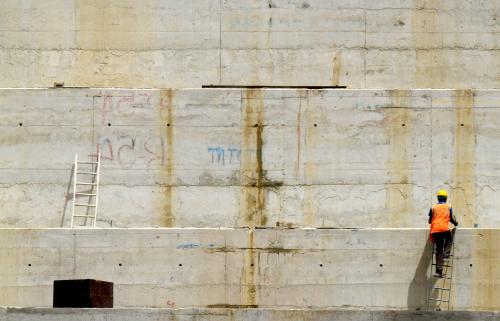
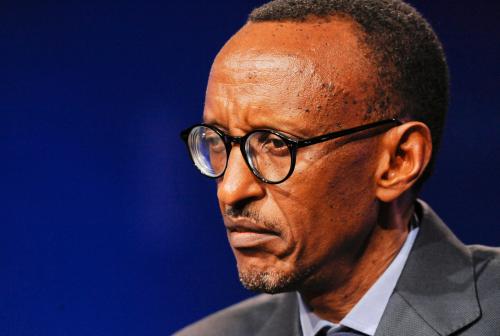
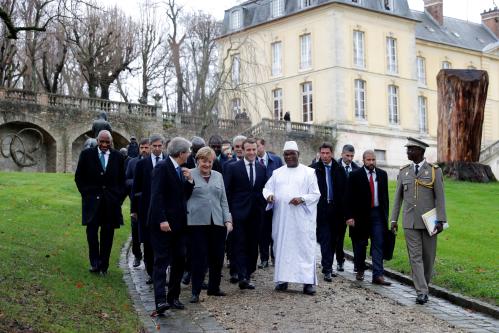

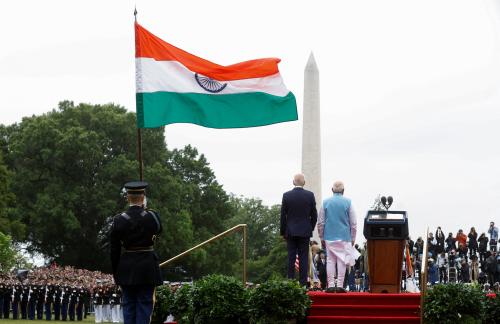
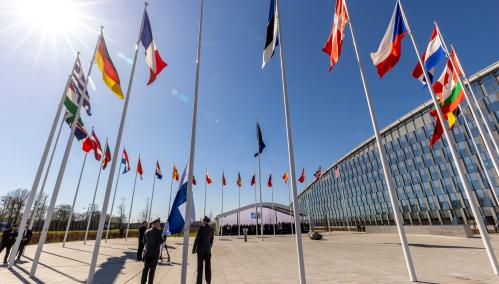
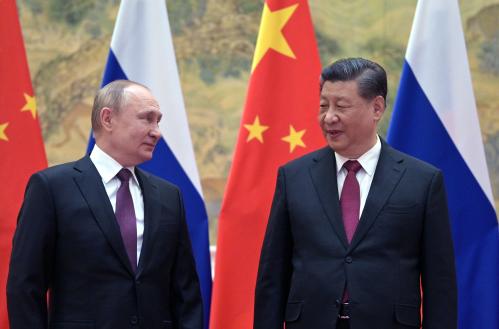
Commentary
Africa in the news: Rwanda, Uganda, and Tanzania present budgets, Germany hosts G-20 Africa conference, and Macron meets West African presidents
June 16, 2017